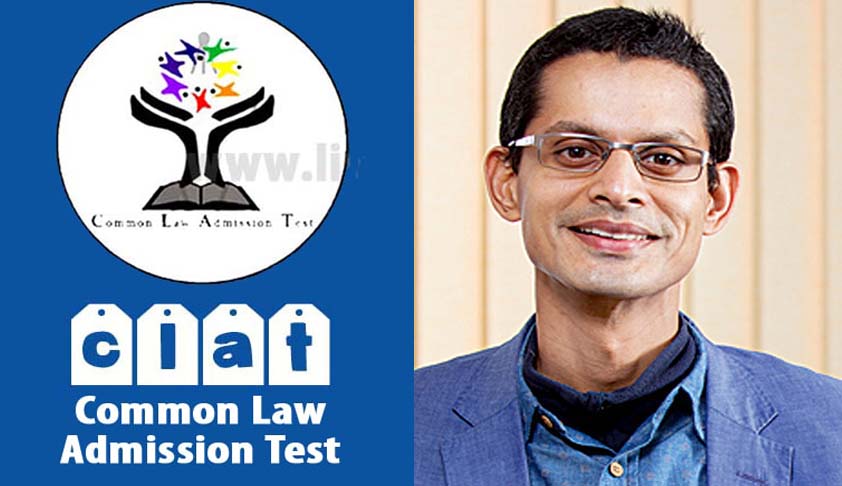CLAT PIL: Law Schools Flout PWD, NRI Admission Norms, Alleges Prof Shamnad In SC
LIVELAW NEWS NETWORK
8 Sept 2016 12:23 PM IST

Next Story
8 Sept 2016 12:23 PM IST
In the pending CLAT matter in the Supreme Court, legal scholar Prof. Shamnad Basheer has alleged that law colleges that participated in the Common Law Admission Test (CLAT) this year conducted the admission process in blatant contravention of the clear provisions of the Persons with Disabilities (Equal Opportunities, Protection of Rights and Full Participation) Act 1995.In the PIL, he...
